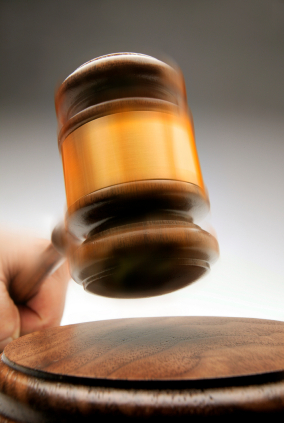
NOTE: This page includes updated materials to account for Public Act 101-81, which became Illinois law on July 1, 2019. Since that point, Illinois law features there are new rules to govern statutory summary suspensions and monitoring device driving permits.
When a person is arrested for driving under the influence in Illinois, a statutory summary suspension of that person’s driver’s license will follow.
Implied consent law
The suspension is statutory because it is mandated by the implied consent law. The implied consent law says that if you drive in the state, you provide implied consent to breath, urine, and blood testing. These tests exist to determine whether your blood-alcohol concentration (BAC) is above 0.08, whether you are under the influence of some combination of alcohol and/or drugs, or whether you have a trace amount of a controlled substance or methamphetamine in your system. The implied consent law further says that, if you test positive for any of the above, your license is subject to immediate suspension.
Petition to rescind
The suspension is summary because it is immediate. Your driver’s license will be suspended on the 46th day after notice of the suspension without any hearing whatsoever. The only way to challenge the suspension is to file a petition to rescind in the circuit court of venue.
The defendant must file the petition to rescind in the county courthouse in which the arrest took place. The petition to rescind is perhaps the most important part of defending a DUI case. Once it is filed, the driver has a right to a hearing within 30 days. The only exception is where the first court date is later than 30 days out. In this instance, the hearing is allowed to take place on the first court date. But in all other circumstances, the hearing must take place within 30 days of filing the petition to rescind.
Very frequently, the 30-day period is favorable to the defendant. Sometimes, the arresting officer does not appear in court. In other cases, some other technical reason causes a delay beyond 30 days. Going beyond 30 days is called a Trainor violation (named after a court case) and results in the rescission of the summary suspension.
The deadline for filing a petition to rescind is 90 days from the date of notice of suspension. This situation often arises when the defendant, for whatever reason, waits to hire a lawyer or take legal action. In fact, the author of this article was once hired by a client on day 90, drove to the Rolling Meadows courthouse in Cook County that afternoon, and filed the petition to rescind. The client won that petition to rescind and got their license back (Case No. YM-699-056).
In most Illinois counties, the attorney can file the petition to rescind on behalf of the client, without the client being present. The petitioner only has to file the petition to rescind with the uniform traffic ticket number for the DUI and serve it on the prosecution. If it is not served properly, then the 30-day time period does not begin to run. By statute, no DUI case file needs to be created by the circuit clerk. Therefore, if a person is arrested for DUI at 7:00 a.m. on Monday and released – as long as they give their lawyer the traffic citation – the lawyer can file the petition to rescind at 9:00 a.m. that same Monday and start the 30-day clock.
However, some counties have a practice in place by local rule that requires the petitioner to wait until a court file is created before filing the petition to rescind. In Cook County, the First Municipal District only requires the petitioner to have a petition to rescind, notice of summary suspension, and uniform traffic ticket in order to file and start the 30-day clock. First Municipal handles all Chicago Police Department arrests at the Daley Center downtown Chicago.
Possible Class 4 felony charges
Starting in July of 2019, any person who violates the requirements of a statutory summary suspension period runs the risk of Class 4 felony charges. If the violation occurred while the offender was eligible for a monitoring device driving permit, there is a mandatory minimum sentence of 30 days in prison.
So, each driver should check with local counsel on the practice of filing a petition to rescind. Generally, it is the best practice for DUI attorneys to file the petition to rescind on the very same day they are hired by a client. You never know what is going to happen 30 days out that might cause the client to win.